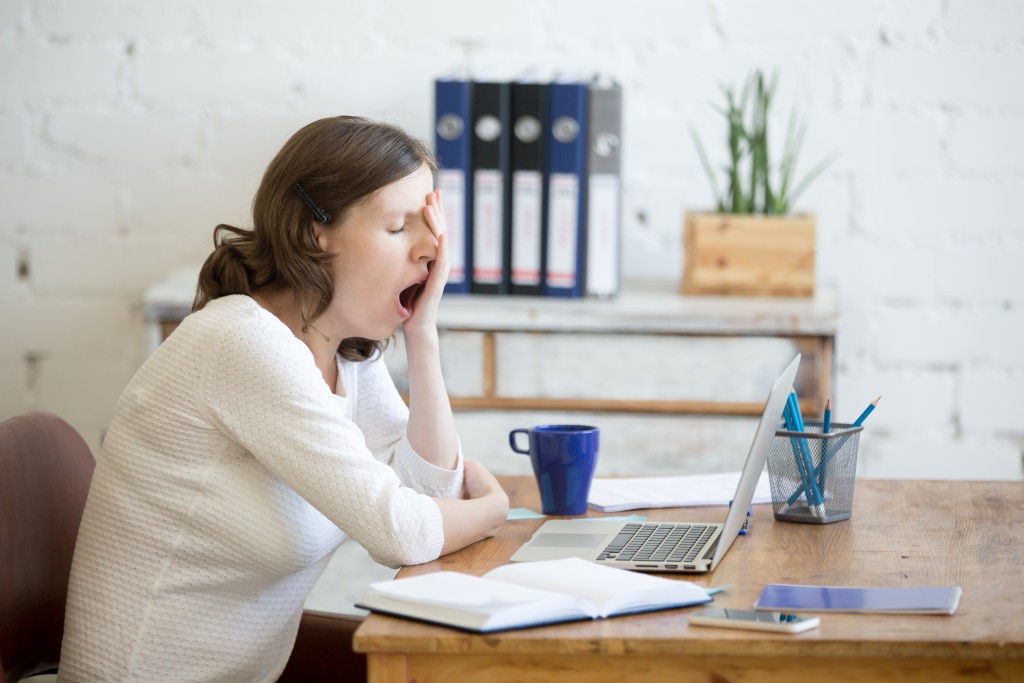We all have our excuses for not heeding the recommendations of health experts to get 7 to 9 hours of sleep – from never-ending deliverables at work and racing thoughts about the future to taking care of family members and being caught up in a video game. Whatever reasons one might have, sleep deprivation, especially for extended periods, can affect one’s focus, productivity, and mental cognition. Weight gain and a weakened immune system have also been linked to poor sleeping habits. The body heals itself and restores energy through sleep, with the brain forging new connections and improving retention.
Despite the best efforts and plans to improve sleeping habits, some people have trouble entering dreamland. The underlying causes can range from easy to tweak fixes to severe mental health issues. Whichever part of the spectrum one might find himself, it is vital to treat the cause and work toward getting quality sleep. Here are a few reasons why you’re tossing and turning until the shine rises instead of snoozing peacefully:
Anxious thoughts
A mind filled with worries and stress will find it hard to settle down for the night. The lack of distractions, usually experienced during the day, can invite rumination and negative self-talk, causing anxiety and insomnia. Conversations get repeated, overthinking happens, and sometimes you’re already thinking about tomorrow’s to-do lists like replenishing your business’s packaging supply or buying enough dog food for your pet.
Solution: Schedule a “worry and anxiety” time where you can have the space to write down everything that’s bothering you, together with some things you’re grateful for. Articulating your thoughts on paper can help in processing what you’re feeling. The spotlight can deter your worries from creeping through your mind during the fhealrh. It is also recommended to consult a sleep specialist or psychologist to give professional advice on the steps you can do to become better.
Drinking too much coffee

There’s nothing better than a cup of coffee to wake you up in the morning. That rush of adrenaline does wonders for increasing productivity for the day. Then you drink another cup to combat noontime sleepiness, and then another until it’s already late afternoon.
Having too much caffeine in your system can throw your circadian rhythm out of the loop since it is sensitive to external stimuli. The half-life of caffeine is three to five hours, meaning only half of what you drank is consumed in that duration. This leaves the remaining half to wreak havoc in your body, keeping you awake later at night.
Solution: Avoid drinking coffee at least six to seven hours before bedtime. Keeping consumption below 400 mg per day is ideal.
Unwelcome distractions and noise in the bedroom
The bedroom is ideally your sanctuary, providing refuge and comfort from the stressors of the outside world. Sadly, this is the same reason why people tend to bring their work, Netflix marathons, and mobile scrolling tendencies to the bedroom. The brain will not be able to equate rest and sleep when you’re lying down on your bed, being distracted from all the stimulation. Additionally, a partner that snores or a pet that moves around at night can make you uncomfortable, disrupting your sleep cycles.
Solution: Implement a curfew for technology use at least an hour before you have to go to sleep and try to avoid using your bed as a workspace. Investing in earplugs, blackout curtains, and a white noise machine will improve your sleeping environment.
There’s no denying the health benefits of getting enough sleep: a well-rested mind and an energetic body ready to tackle the day’s challenges. Being aware of the reasons why you’re not snoozing and then addressing the causes can make you less of a zombie and more of a functional member of society.
